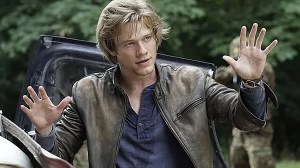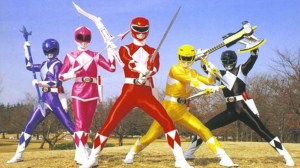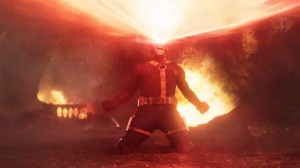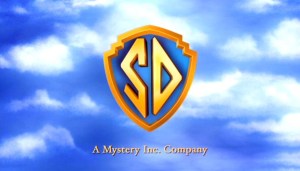Every Star Trek fan has at least one episode, if not a whole list of episodes, they secretly file under “temporal anomaly, please ignore.” Since the inception of Gene Roddenberry’s The Original Series, the franchise has been embarking on wonderful adventures in exploration and diplomacy, but not every mission can be a success. Trek through the years has been spotted with duds, whether they’ve aged poorly or were bad in their time, and whether they ruin a single character or the ending of an entire series.
Videos by ComicBook.com
In the streaming era, it’s easier than ever to binge the various Star Trek series, and therefore, easier than ever to see the bad episodes that stand out like a sore thumb. However, a few of these go beyond just being a bad episode and actually have a net negative impact on the canon overall. Whether they need a classic Trek retcon or complete erasure from the history books, these are five episodes whose place in the official canon should be reconsidered.
5) Star Trek: Voyager, “Threshold”
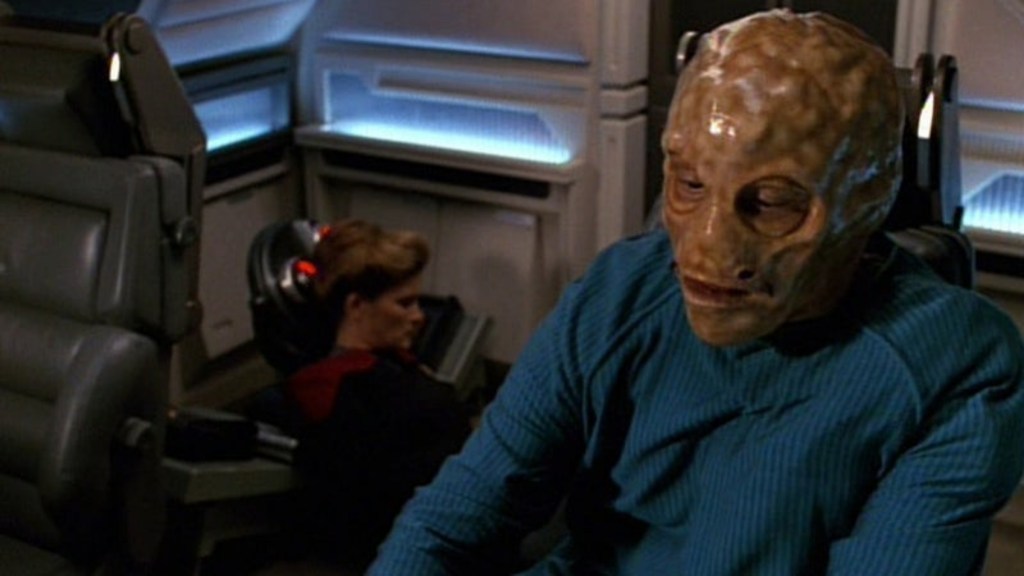
“Threshold” is often listed as the worst Voyager episode. The idea is that Tom Paris breaks the Warp 10 barrier, becomes “infinite velocity,” and… evolves into a salamander? Captain Janeway also mutates; the two escape as giant salamanders, mate, and produce three amphibious offspring on a swamp planet. It’s infamous for its body horror and for the fact that it contradicts Trek’s long-established warp physics.
Many fans have called for this one to be decanonized due to the sheer absurdity of the salamander storyline, which doesn’t seem to fit the world’s logic. Many viewers even outright reject the idea that it occurred in the regular timeline. The Lower Decks homage to Paris’ “evolution” simultaneously redeemed and cemented the episode in the canon. Still, most argue that keeping Warp 10 unreachable makes the warp-speed myth cleaner (and free of Paris–Janeway salamander babies).
4) Star Trek: Deep Space Nine, “Let He Who Is Without Sin…”
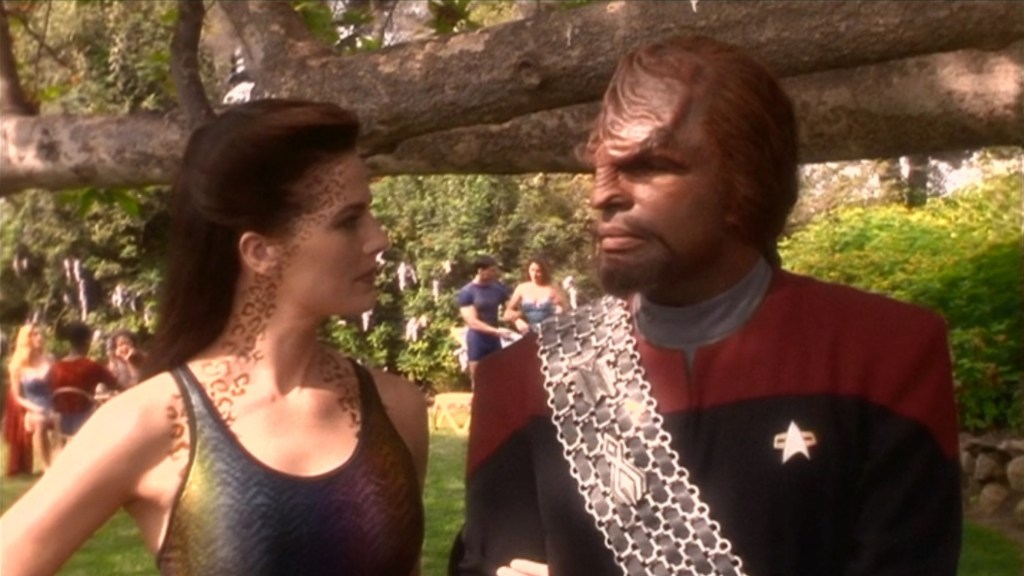
This is the infamous Risa episode where Worf, upset that other people are having fun, joins a domestic terrorist group and sabotages an entire pleasure planet. Starting off as a relationship-centric episode for Worf and Jadzia, it, for some reason, spirals into Worf behaving wildly out of character, participating in violent extremism, and nearly destabilizing the Federation’s preferred vacation destination. It’s honestly an uncomfortable watch, but most importantly, it paints Worf as a jealous, humorless reactionary and undermines years of character development.
Fans and critics have called this one a “character assassination.” Worf’s actions (which are illegal, dishonorable, wildly disproportionate) don’t align with the man we’ve grown with throughout TNG and DS9. Many argue that Worf should have been court-martialed on the spot, and that Jadzia returning to him after his behavior makes her look inexplicably weak. According to Memory Alpha, even showrunner Ira Steven Behr expressed disappointment with the episode.
3) Star Trek: Voyager, “Fury”
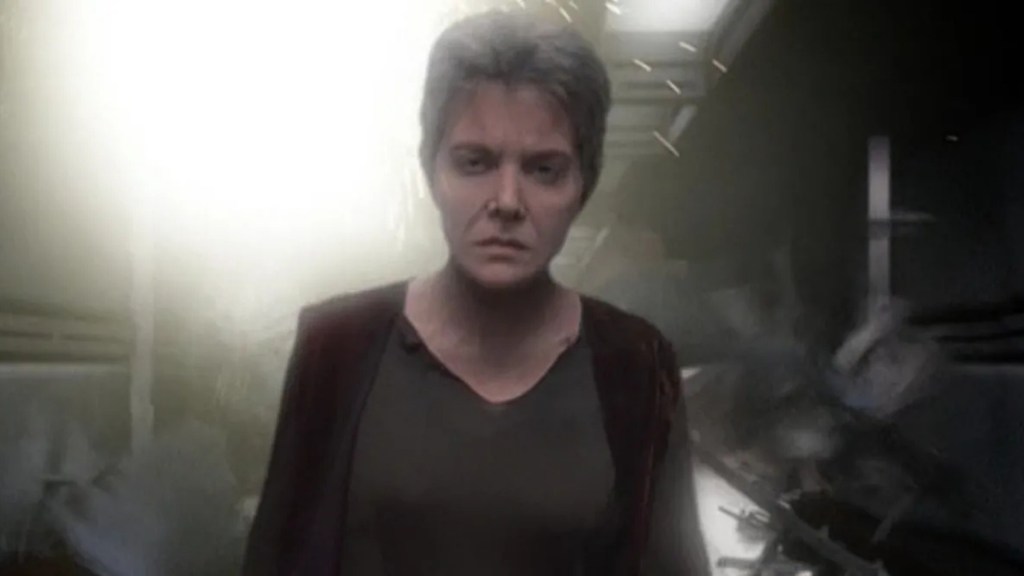
Season 6’s “Fury” brought Kes back to Voyager after her Season 4 departure, but the execution was widely criticised. The episode flips her characterization, portraying Kes as unstable, violent, angry, and determined to destroy the ship and murder her former crewmates by traveling back in time. The justification for her transformation is essentially zilch, and the story hinges on the idea that Kes’ younger self needs to talk her down, resulting in a shallow and rushed resolution.
Fans see “Fury” as a betrayal of Kes and of actor Jennifer Lien, who reportedly left initially due to mental health struggles. Kes already got her bittersweet goodbye in “The Gift,” and bringing her back in order to turn her into a villain was unnecessary, and even Lien herself later said she preferred “The Gift” as the real ending for Kes.
2) Star Trek: The Next Generation, “Code of Honor”
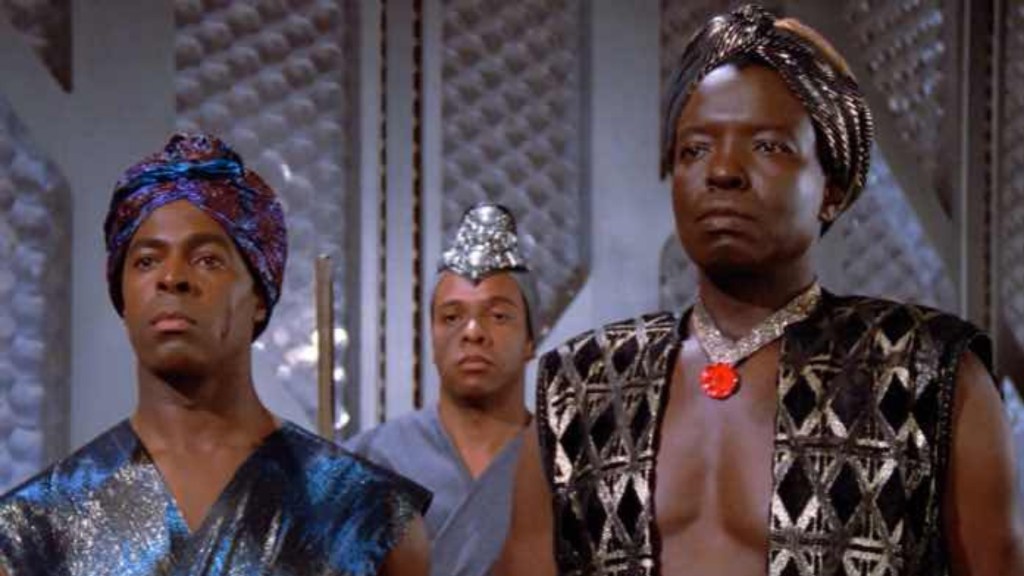
“Code of Honor” is an early TNG misstep in which the Enterprise visits a planet where women are treated as property, and Tasha Yar is forced into single combat for the “ownership” of a local leader’s wife. The episode relies heavily on racist stereotypes, including casting its alien culture with a predominantly Black ensemble and designing costumes, rituals, and power structures that play into offensive caricatures. It attempts to tell a story about sexism and cultural difference, but the execution is muddled, reductive, and frankly embarrassing.
While it may not have the most serious canon implications, it should be decannonized simply because it’s awful and unimportant. The cast and crew have openly criticized “Code of Honor” for decades; Patrick Stewart has said he was horrified, Jonathan Frakes has called it “racist,” and it was pulled from syndication for years. Fans pretty much already reject or ignore this episode entirely, but it was never officially wiped, and should be ASAP.
1) Star Trek: Enterprise, “These Are the Voyages…”

The Enterprise finale is perhaps the most universally disliked episode among Star Trek fanatics. Instead of focusing on Archer, T’Pol, Trip, and the NX-01 crew after four seasons of growth, the episode reframes the entire story as a holodeck story being run by Riker and Troi during a TNG episode, essentially breaking the #1 rule of screenwriting. The ending turned the Enterprise cast into guest stars in their own finale and famously killed off Trip Tucker in a wildly disrespectful way. Fans never got to see Archer’s speech at the founding of the Federation, which was the moment the entire show had been building toward.
The backlash was immediate. Many viewers and even cast members consider the finale “appalling” and a “slap in the face” to the series. The books set after the show attempted to retcon the events entirely, revealing Trip’s death as a falsified record and reframing the episode as a distorted holodeck recreation. Some fans have already embraced this quasi-official retcon with open arms, arguing that it allows the Enterprise timeline to remain intact without contradicting on-screen events. But for many fans who have not read the novels, “These Are the Voyages” remains a permanent stain on the legendary lore.
Which episode would you decanonize? Leave a comment below and join the conversation now in the ComicBook Forum!




